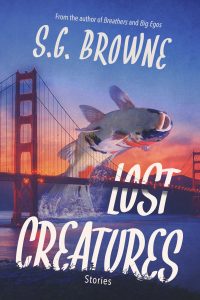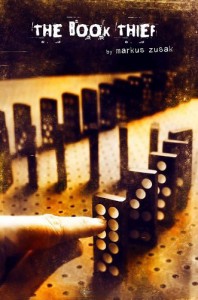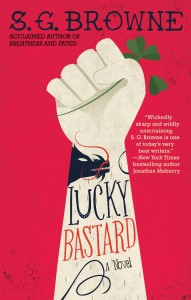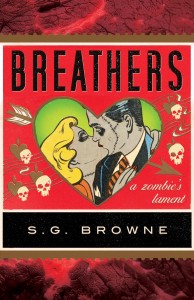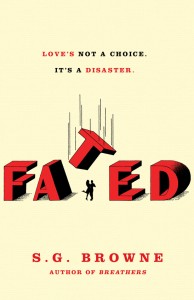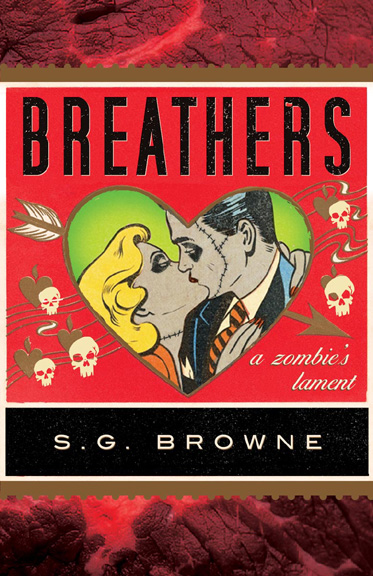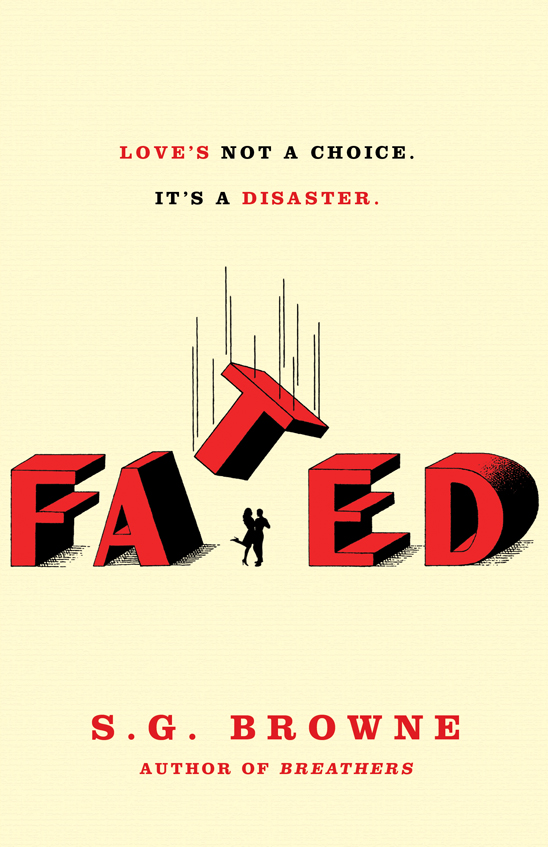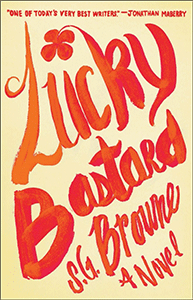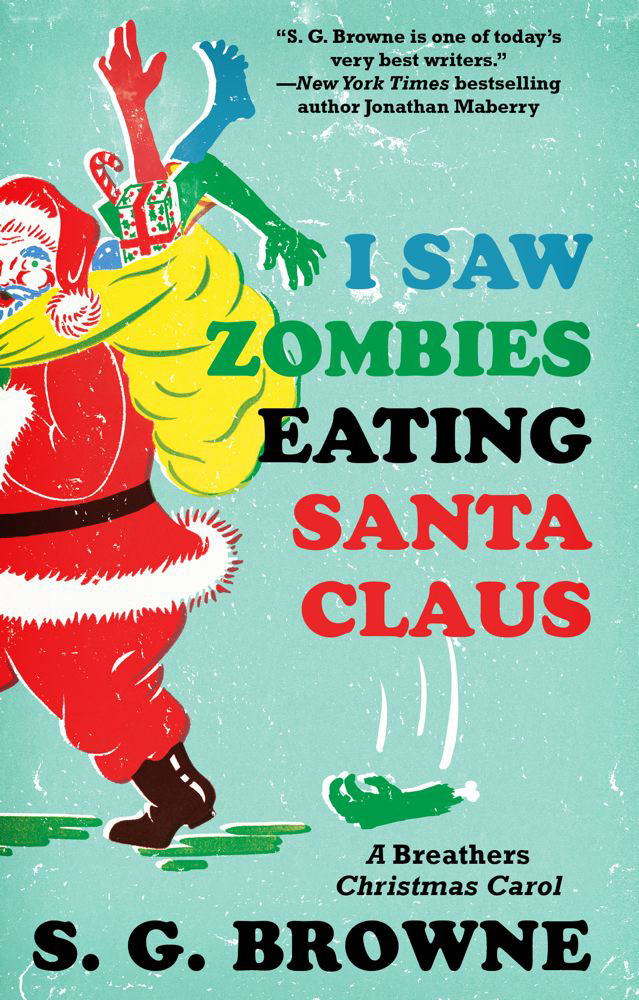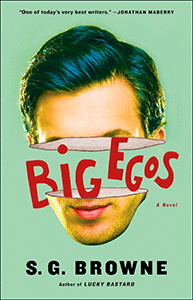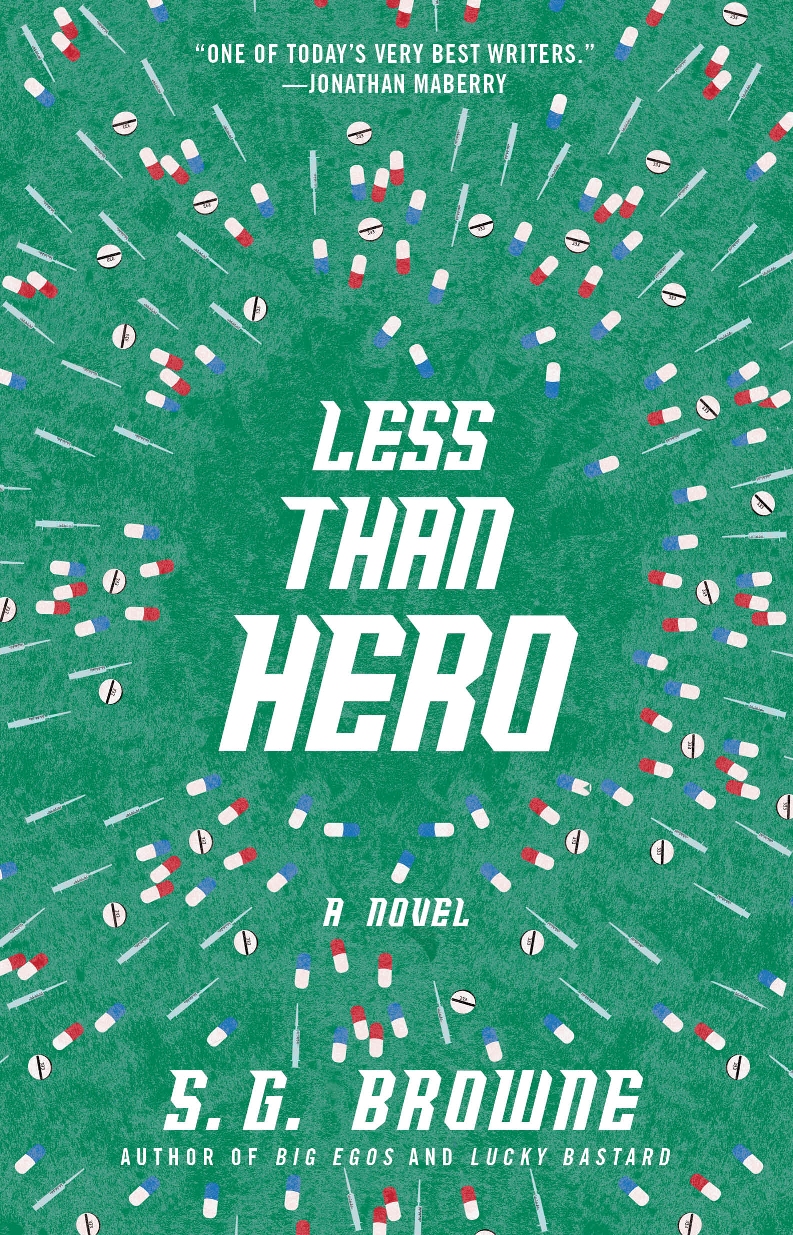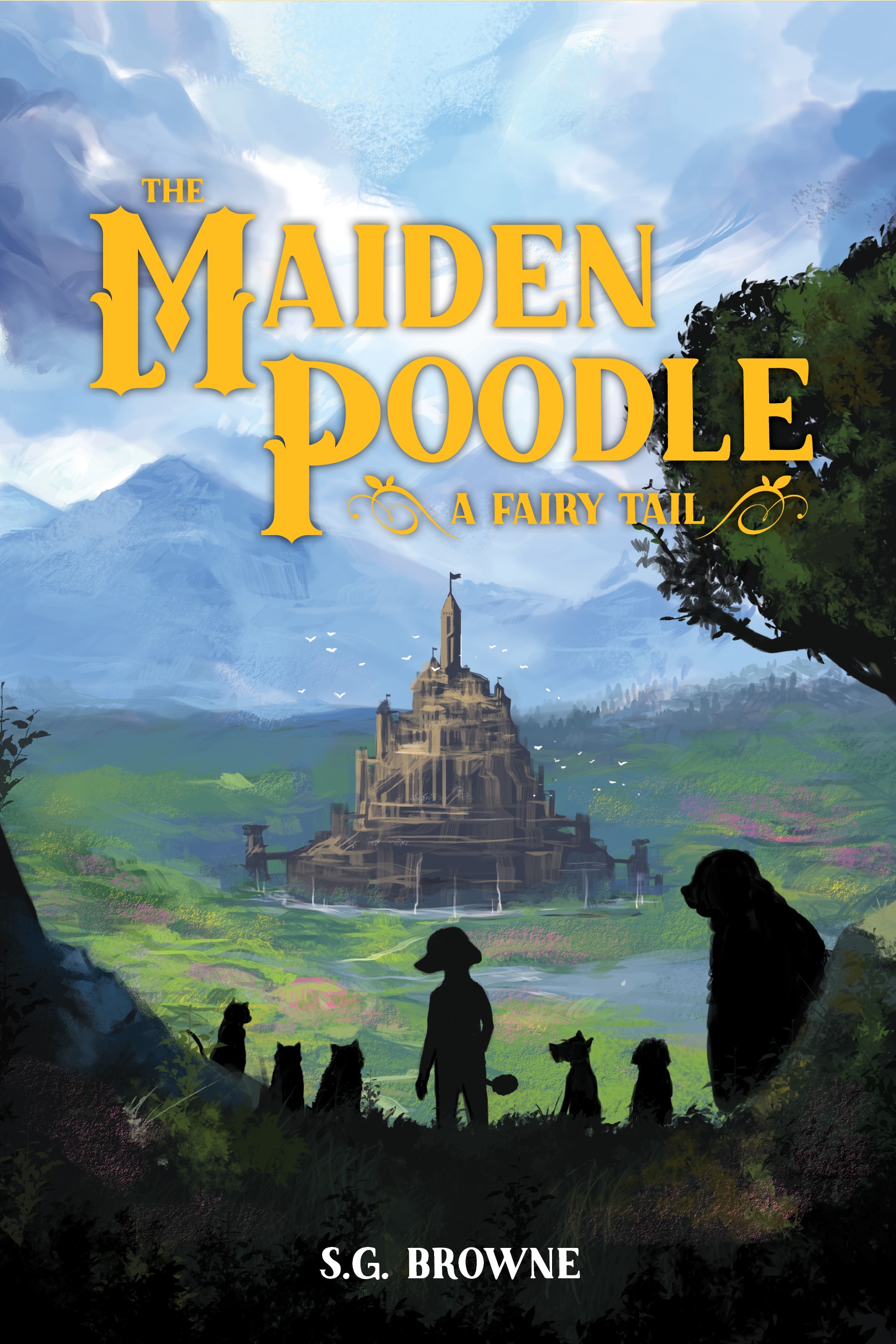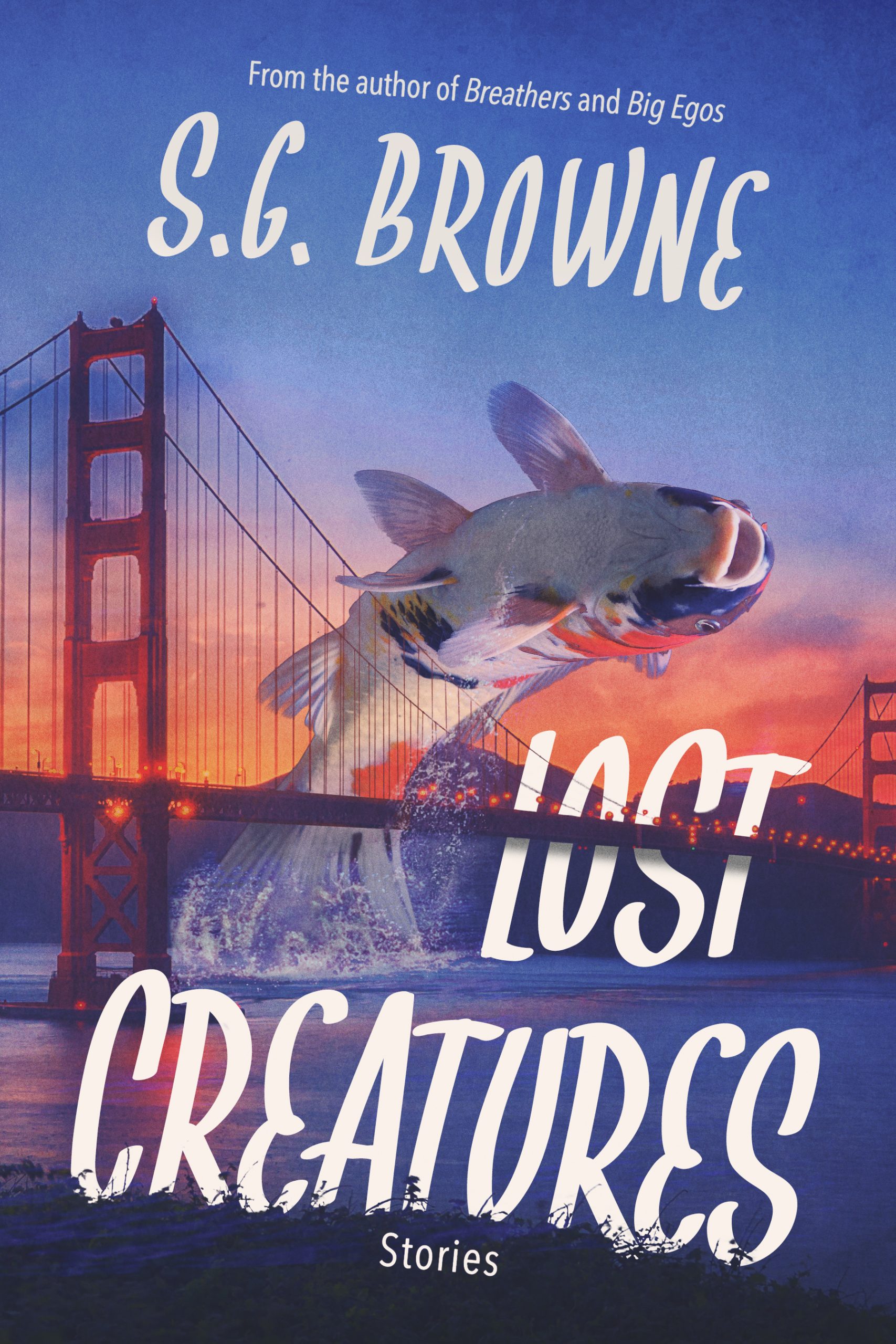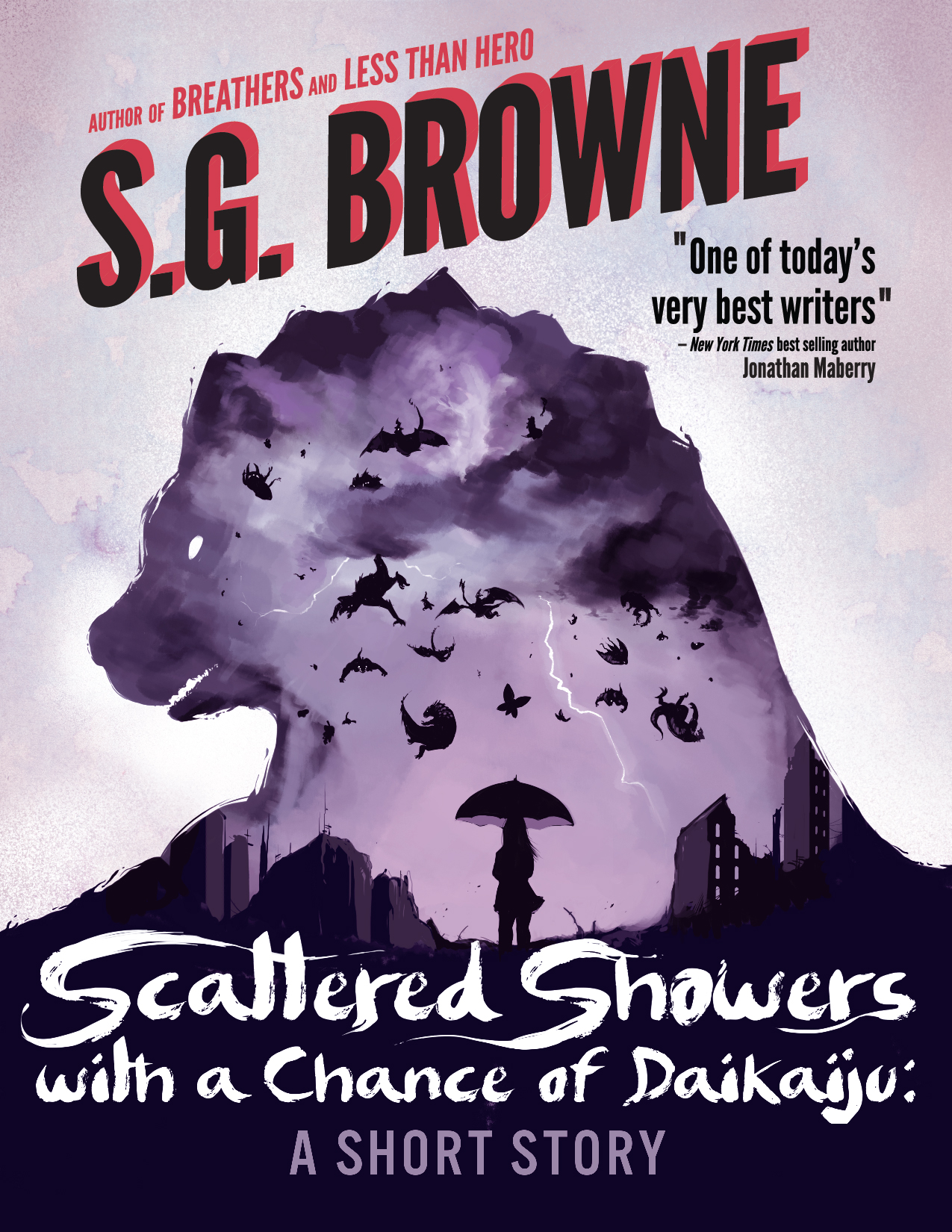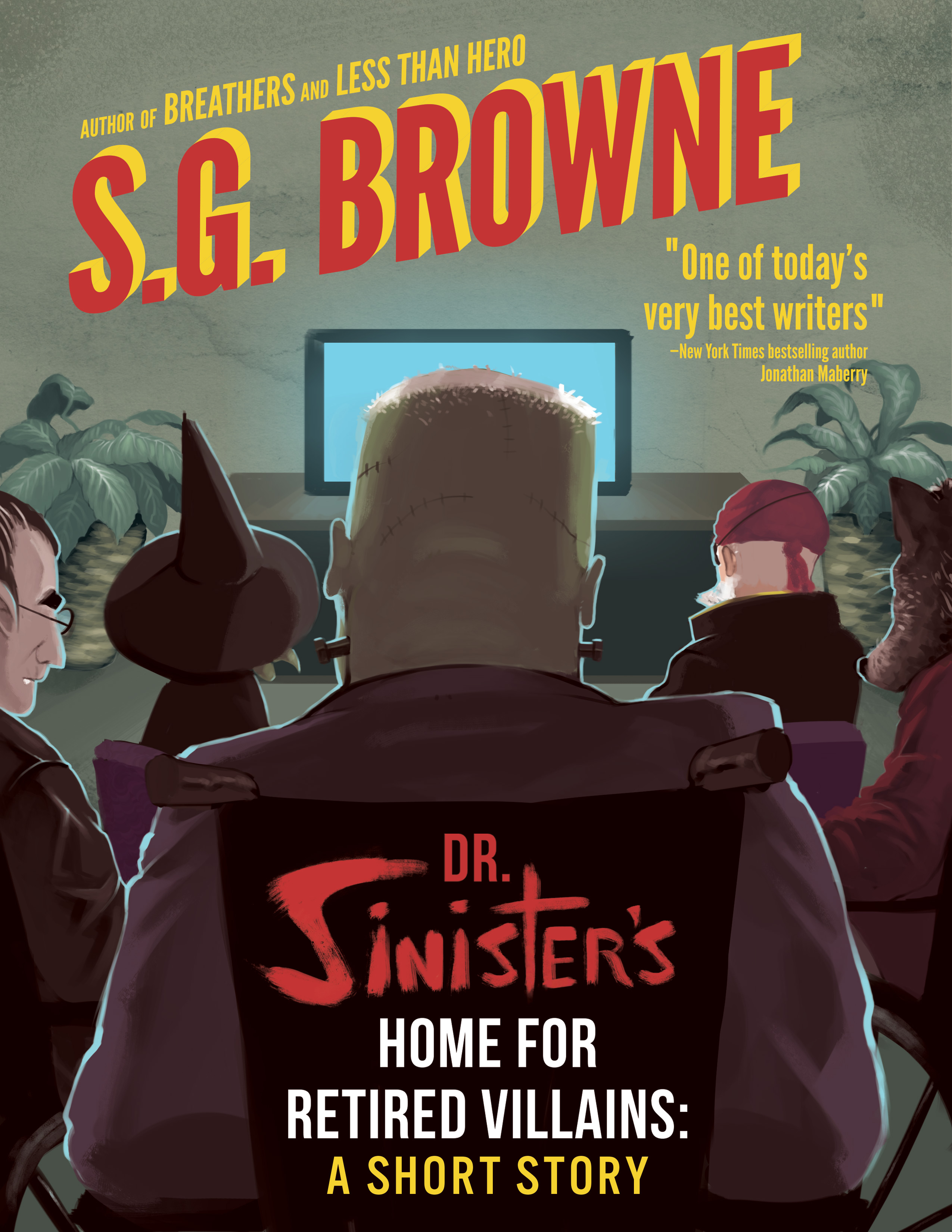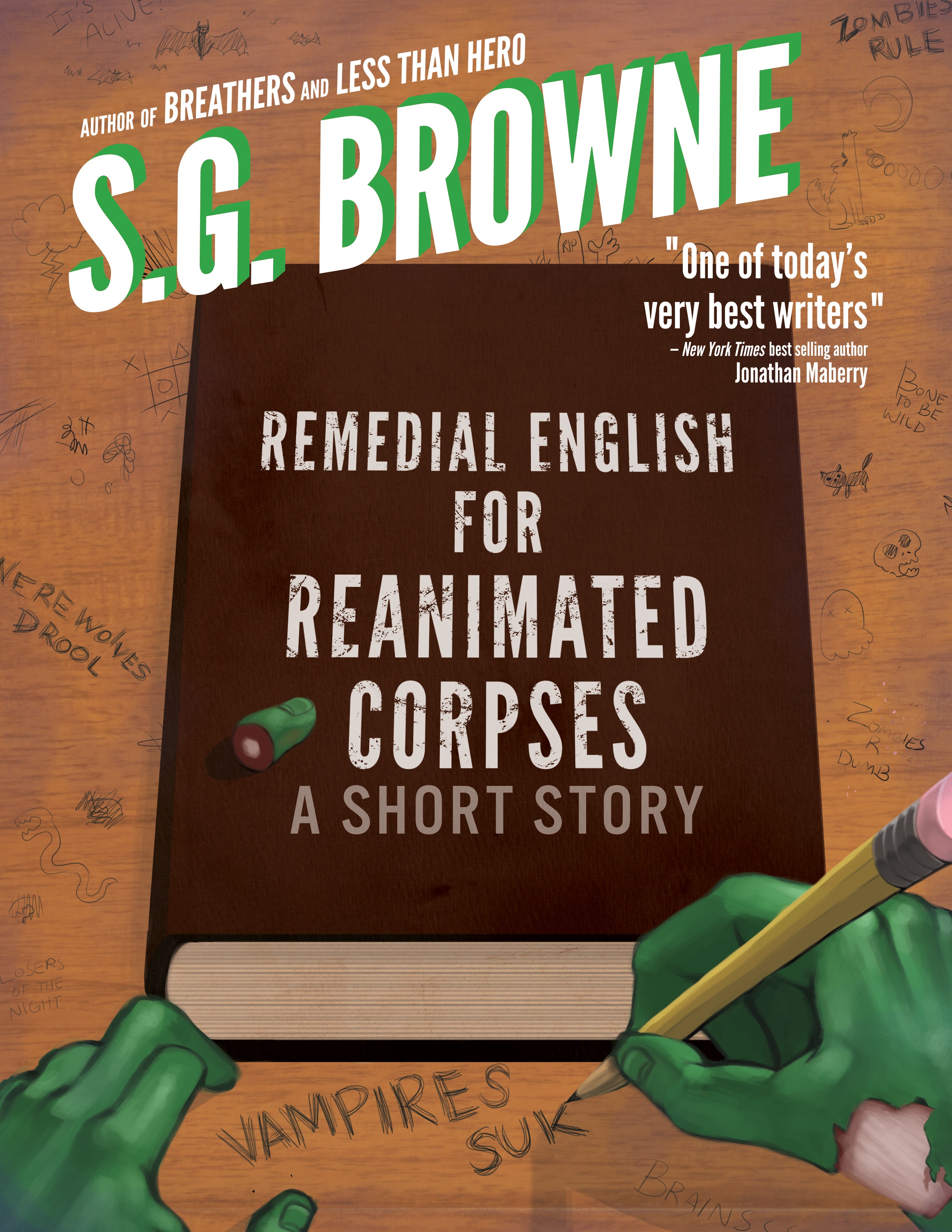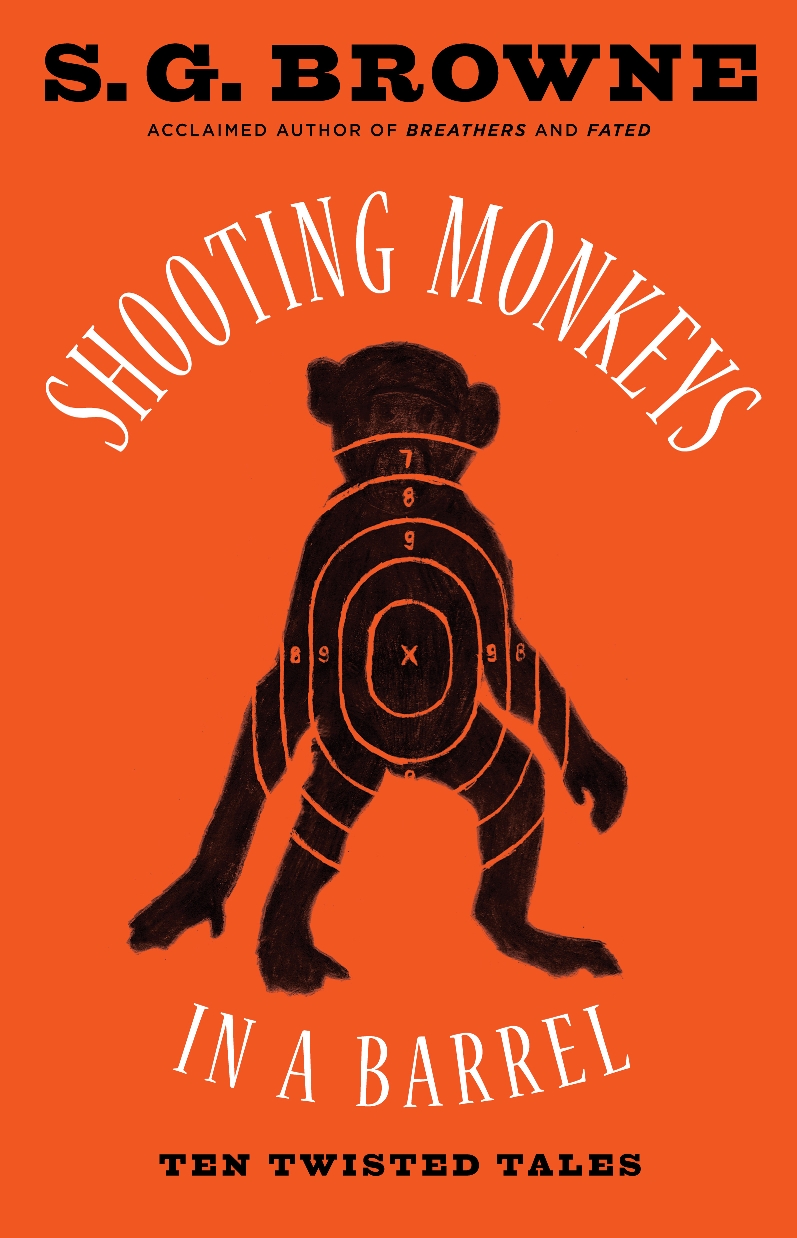Baseball + Sex + Writing = This Blog Post
Men are always using baseball to make analogies about sex:
- He strikes out a lot
- He only got to second base
- He has control problems
It’s just what we do. Relating sports to sex. I’m sure there’s some Freudian connection to be made there, but I’m not the man to do it. Suffice it to say, we like our sports analogies.
Which is where the writing part comes into play. At least for me.
In baseball, when a pitcher is in the middle of throwing a no-hitter or a perfect game, no one talks to him. He sits alone on the bench at the end of the dugout and no one says a word to him because no one wants to jinx him. No one wants to put the kibosh on the no-hitter. So at the very least, even if anyone talks to the pitcher, no one talks about the no-hitter.
I’m superstitious in the same way about my writing. Specifically about whatever I’m currently working on (aka my Work In Progress or WIP). I don’t like to talk about it while I’m in the middle of it because I’m afraid to jinx it. To take the energy away from it. Which is why you’ll rarely, if ever, hear me mention my WIP on my blog or on Twitter or Facebook or anywhere else. Some writers can talk about it all the way through the process, but I’ve never been comfortable doing so.
Part of that comes from the fact that I make up the story as I go and sometimes I get stuck trying to figure out what comes next. This isn’t something I exactly want to share with others:
“How do I get my main character back on the roof of the hotel?”
“What happens when my protagonist gets stripped of his immortality?”
“The narrator just killed and ate his parents. Now what?”
This is something most writers experience at some point in almost everything they write. It’s the self-doubt that creeps into the creative process. Sometimes we nail it and we know it and it feels really good. But most of the time, there’s at least one moment where we read what we’ve written and we think: “What a piece of crap.”
Which is when perspective and editing come into play.
So when it comes to talking about my WIP, you likely won’t hear me mention much of anything about it until that final pitch is thrown and the last out is recorded and I can raise my hands in the air and celebrate what I’ve accomplished.
And with any luck, when I send it off to my agent, I’ll hit a home run.
